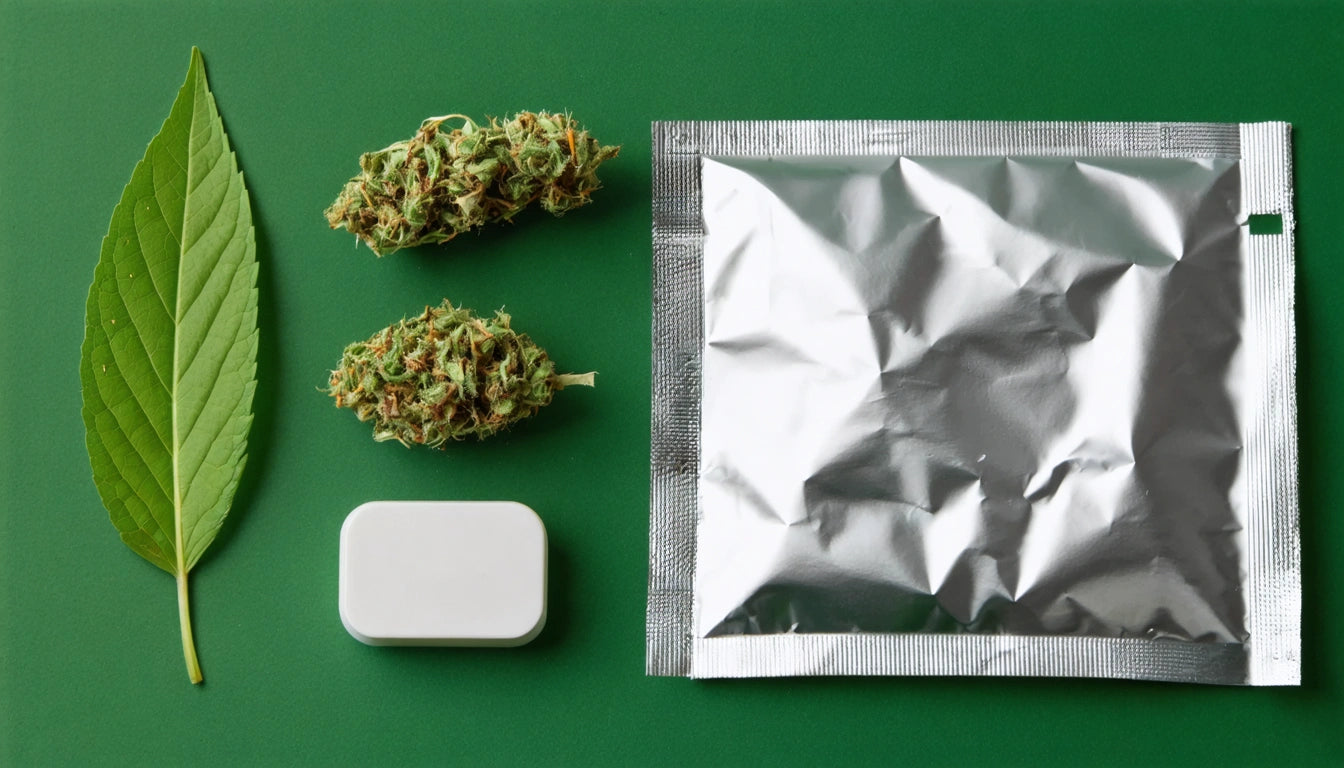Understanding Chronic and Moderate Marijuana Use: Definitions and Addiction Concerns
The terms "chronic pot user" and "moderate weed smoker" are frequently used in discussions about cannabis consumption, but their definitions often remain unclear. Understanding these classifications is important for both consumers and healthcare providers to assess potential risks and benefits associated with different usage patterns.
Defining Chronic Marijuana Use
What is considered a chronic pot smoker? Generally, chronic marijuana use refers to regular, frequent consumption over an extended period. According to clinical definitions of chronic marijuana use, this typically involves daily or near-daily consumption, often multiple times per day, continuing for months or years.
Chronic users typically consume cannabis as part of their daily routine. This might include:
- Wake-and-bake habits (consuming immediately upon waking)
- Regular consumption throughout the day
- Consistent evening use as a sleep aid
- Consumption regardless of social context or setting
The quantity consumed also factors into the definition, with chronic users typically consuming larger amounts per session than occasional users. Many industry professionals who work with cannabis storage and packaging solutions note that chronic users often purchase in larger quantities and require more substantial storage options than occasional consumers.
Characteristics of Moderate Cannabis Consumption
What is considered a moderate weed smoker? Moderate cannabis use typically describes a consumption pattern that is regular but limited in frequency and quantity. This might include:
- Weekend-only consumption
- Social or occasional use (1-4 times per month)
- Controlled dosing with specific purposes (relaxation, creativity, pain management)
- Maintaining cannabis-free periods
Moderate users generally maintain control over their consumption habits and can easily abstain when necessary. Their cannabis use typically doesn't interfere with daily responsibilities or relationships. According to statistics on cannabis consumption patterns, moderate users represent a significant portion of the overall consumer base.
Frequency vs. Impact: Understanding Usage Patterns
When defining usage patterns, it's important to consider both frequency and impact. Some individuals may consume cannabis daily for medical purposes without negative consequences, while others might use less frequently but experience significant disruption to their lives.
Key factors that distinguish usage patterns include:
- Functional impact on daily responsibilities
- Relationship effects
- Financial consequences
- Physical and mental health outcomes
- Tolerance development
Understanding marijuana's composition and effects can help consumers make informed decisions about their usage patterns. The concentration of cannabinoids, particularly THC, plays a significant role in determining potential impacts.
Marijuana Addiction Potential: Examining the Evidence
Is pot addictive or not? This question has been debated extensively. Current scientific consensus recognizes Cannabis Use Disorder (CUD) as a legitimate condition affecting approximately 9% of cannabis users. However, this is lower than addiction rates for substances like alcohol (15%) or nicotine (32%).
Cannabis can lead to psychological dependence characterized by:
- Cravings when not using
- Difficulty controlling or cutting down use
- Continued use despite negative consequences
- Withdrawal symptoms upon cessation
Physical dependence can also develop, though withdrawal symptoms are generally milder than with other substances. Common withdrawal effects include irritability, sleep disturbances, decreased appetite, and mood changes. These typically peak within the first week of abstinence and gradually subside.
According to research on chronic cannabis use, factors that increase addiction risk include early onset of use, frequent consumption, high-potency products, and co-occurring mental health conditions.
Recognizing Problematic Usage: Signs and Interventions
Whether someone identifies as a chronic pot smoker or a moderate weed user, certain signs may indicate problematic usage patterns:
- Increasing tolerance requiring larger amounts
- Spending significant time obtaining, using, or recovering from cannabis
- Unsuccessful attempts to cut down or control use
- Continued use despite physical or psychological problems
- Neglecting important activities due to cannabis use
For those concerned about their usage patterns, various interventions are available. Strategies for reducing or quitting cannabis use include cognitive-behavioral therapy, motivational enhancement, support groups, and lifestyle modifications.
Understanding cannabis terminology and composition can help consumers make more informed choices about their consumption. Education about different strains, potency levels, and consumption methods empowers users to develop healthier relationships with cannabis.
Ultimately, the definitions of chronic and moderate use exist on a spectrum, with individual factors playing a significant role in determining whether a particular usage pattern is problematic. By staying informed and mindful of consumption habits, cannabis users can better navigate their relationship with the plant.











Leave a comment
All comments are moderated before being published.
This site is protected by hCaptcha and the hCaptcha Privacy Policy and Terms of Service apply.